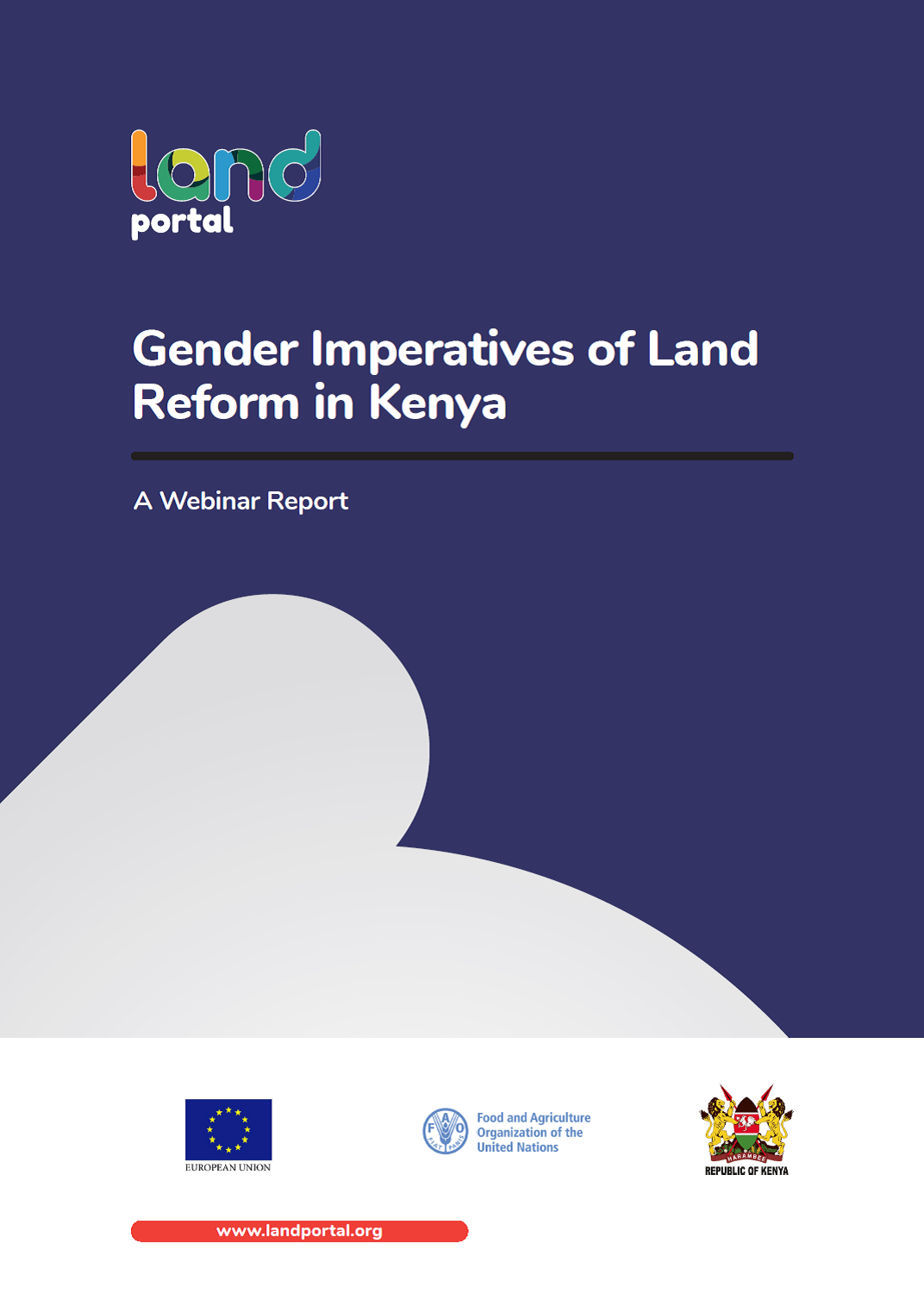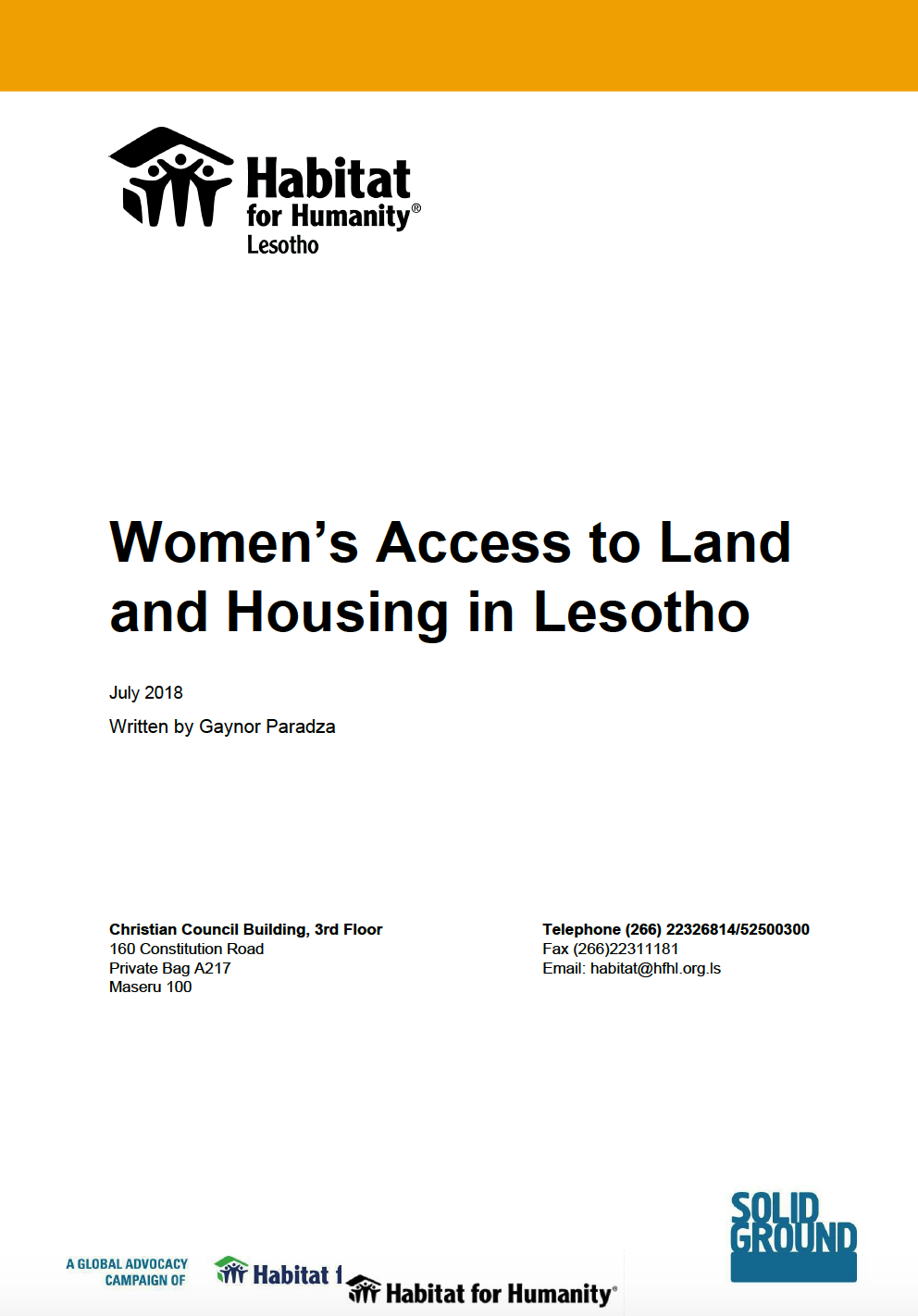Climate Variability, Land Ownership and Migration: Evidence From Thailand About Gender Impacts
Scholars point to climate change, often in the form of more frequent and severe drought, as a potential driver of migration in the developing world, particularly for places where populations rely on agriculture for their livelihoods. To date, however, there have been few large-scale, longitudinal studies that explore the relationship between climate change and migration. This study significantly extends current scholarship by evaluating distinctive effects of climatic variation and models these effects on men’s and women’s responsiveness to drought and rainfall.






